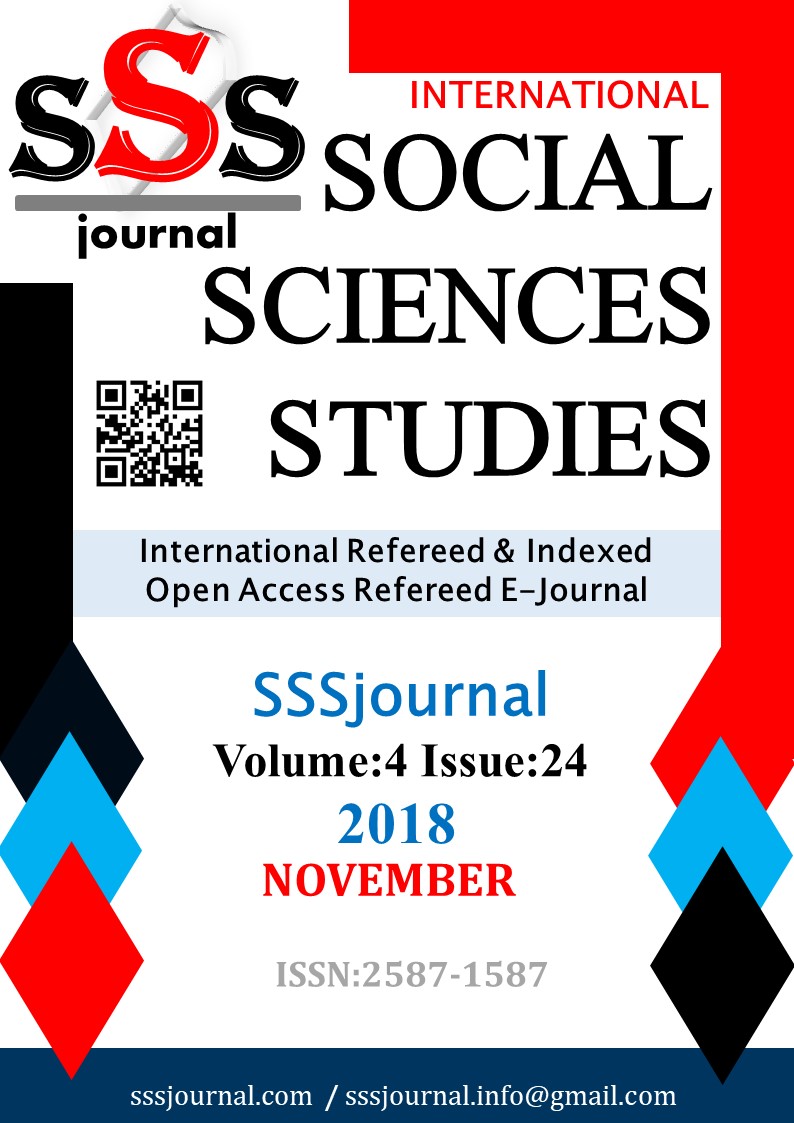Author :
Abstract
Turizm sektöründe faaliyet göstermekte olan; otel, pansiyon ve tatil köyü gibi tesislerin helâl sertifikası almaları için uymaları gereken kurallar bulunmaktadır. Bu kurallar fıkıh ilmi çerçevesinde incelendiğinde, bir kısmının zarurî olarak sağlanmasının gerekli olduğu, bir kısmının ise tavsiye nitelikli olduğu görülmektedir. Zorunlu olarak uyulması gereken kurallara örnek olarak otel içerisinde bayan ve erkek kullanımına ayrı ayrı tahsis edilmiş havuzların bulunması, lokanta hizmetlerinde haram ürünlerin kullanılmaması, namaz ibadeti için mekân tahsis edilmesi gösterilebilir. Otel içindeki etkinliklerin namaz saatlerine göre ayarlanması, kıble yönünün belirtilmesi, odalarda Kur’an-ı Kerim bulunmasını ise mecburî olmayıp fıkhen tavsiye niteliği taşıyan uygulamalara örnek olarak gösterilebilir. Helâl otel sertifikasında ikili bir ayırıma gidilerek asgarî şartları taşıyan helâl oteller ile azamî hassasiyeti ilke edinen oteller şeklinde iki farklı kategori oluşturmak mümkündür. Müşteri hedef kitlesi olarak sadece İslam ülkelerini ve dinî duyarlılığı olanları belirleyen oteller tüm kuralları yerine getirerek “Sarı Helâl Otel Sertifikası” alırken; müşteri hedef kitlesini daha geniş tutanlar, dinî duyarlılığı ön planda olanların da otellerinde hizmet almasını sağlamak amacıyla “Mavi Helâl Otel Sertifikası” almayı tercih edebilirler. Bu çalışmada, helâl otel standartları için beyan edilen ilkeler fıkıh ilmi çerçevesinde değerlendirilerek uyulması mecbur kurallar ile, tavsiye edilen kurallar şeklinde ikili bir tasnif sistemi geliştirilmesi hedeflenmektedir. Burada elde edilen sonuçların uygulamaya geçirilmesi ile, iki farklı helâl otel standardı geliştirilip helâl turizm pazarının büyümesine katkı sağlamak mümkün olabilecektir.
Keywords
Abstract
There are certain rules for hotels, hostels and holiday villages etc. to have a halal certificate in the tourism sector. Upon examination of these rules in the framework of Islamic Law, it is seen that some of them are compulsory while some of them are optional. As an example to the compulsory rules, to build two separate pools for men and women, not to use any product forbidden by religion and facilitating a place for the prayer (namaz) worship can be counted. Organizing the activities within the hotel according to prayer hours, indicating the direction of Kiblah, putting Quran in the rooms are not compulsory but recommended activities which can be defined as optional (mendup) in the Islamic Law. For the halal hotel certificate, it is possible to create two groups in which halal hotels with the minimum requirements are included in one and hotels having the utmost requirements are included in the second one. The hotels selecting the Islamic countries and those with a religious consciousness as their target customers are awarded the “Yellow Halal Hotel Certificate” other hotels with a broader customer range may be awarded “Blue Halal Hotel Certificate” to also include other holiday makers with a religious awareness. It is aimed in this study to form a binary classification system as the compulsory rules and other optional ones declared for the halal hotel standards in the framework of the Islamic Law. With the application of the results obtained herein, two different halal hotel standards will be developed and it will be possible to contribute to the growth of halal tourism market.
Keywords
- Akyüz, V. (1995). Mukayeseli İbadetler İlmihali, İz Yayıncılık, İstanbul.
- Akyüz, V. (1995). Mukayeseli İbadetler İlmihali, İz Yayıncılık, İstanbul.
- Altuntaş, H. ve Şahin, M. (2005). Kur’an-ı Kerim Meâli, Diyanet İşleri Başkanlığı Yayınları, Ankara. Çalış, H. (2013). İslâm’da Kolaylaştırma İlkesi, Ensar Neşriyat, İstanbul.
- Dilek, U. B. (2011). Teklifî Hüküm İfade Eden Kavramların Doğuşu, Gelişimi ve Terimleşmesi, İslâm Hukuku Araştırmaları Dergisi, 18, s. 211-242.
- Gurbetoğlu, Ali, Bilimsel Araştırma Yöntemleri,http://agurbetoglu.com/files/2%20ARA%C5%9ETIRMA%20%20T%C3%9CRLER%C4%B0.pdf (Erişim Tarihi: 18.02.2017).
- Karaman, H. (1993). İslâm’ın Işığında Günün Meseleleri, Nesil Yayınları, İstanbul. Karaman, H. (1996). İslâm Hukukunda İctihad, İfav Yayınları, İstanbul.
- Özdemir, A. (2014). Kur’an’da Yeralan Fıkhî İlke ve Konular, Murat Kitabevi, Ankara. Serahsî, Ş. (2000). el-Mebsût, Dâru’l-Fikr, Beyrut.
- Şa’bân, Z. (2015). İslâm Hukuk İlminin Esasları, (çev. İbrahim Kâfi Dönmez), Türkiye Diyanet Vakfı Yayınları, Ankara.
- Pamukçu, H. (2017). Konaklama İşletmelerinde Helâl Turizm Standardizasyonu Önerisi, Sakarya Üniversitesi Sosyal Bilimler Enstitüsü, Doktora Tezi.
- Pamukçu, H.ve Arpacı, Ö. (2015). Helâl Konseptli Otel İşletmeleri: Türkiye’deki Mevcut Durum ÜzerineBir Araştırma, 1. Uluslararası Türk Dünyası Turizm Sempozyumu Bildirileri, s. 319-331. Kastamonu Üniversitesi.
- Topaloğlu, B. (1991). İslâm İtikadı Açısından Kıyafet ve Örtünme, İslâm’da Kıyafet ve Örtünme, İsav Yayınları, İstanbul.
- Yıldırım, C. (1991). Kaynaklarıyla İslâm Fıkhı, 6. Baskı, Uysal Kitabevi, Konya.
- Zuhaylî, V. (1982). Nazariyyetü’z-zarûreti’ş-şeriyye. Müessesetü’r-Risâle, Beyrut. http://adlbelge.com/helâl-otel-sertifikasi (Erişim Tarihi: 05.01.2017).
- http://www.gimdes.org/helâl-otel-nasil-olmali-2.html (Erişim Tarihi: 05.01.2017). http://www.turizmaktuel.com (Erişim Tarihi: 05.01.2017).
